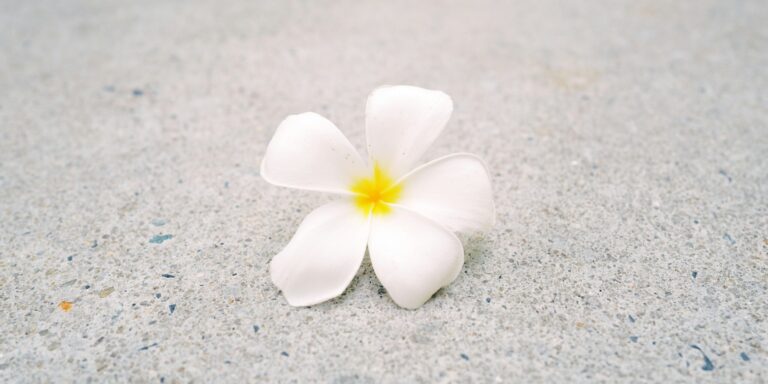July 12, 2025, marked another observance of National Simplicity Day—a timely reminder to pause, unplug, and rediscover life’s understated pleasures. More than a nostalgic gesture, this day celebrates intentional living amid the chaos of modern life. In a world shaped by digital dependence, hyperconnectivity, and an endless stream of tasks and obligations, choosing to slow down and simplify has become a meaningful act.
National Simplicity Day falls on the birthday of Henry David Thoreau, the 19th-century American writer and philosopher whose work championed minimalism and self-reliance. Born on July 12, 1817, Thoreau famously withdrew to a small cabin near Walden Pond in Massachusetts, where he lived simply for two years and penned the enduring classic Walden. His desire was to “live deliberately” and focus on life’s essentials, a principle that resonates even more powerfully today.
First organized by the Simple Living Network in the early 2010s, the day was designed to honor Thoreau’s legacy while inviting people to reflect on their own lives. As our days grow increasingly dominated by technology, economic pressures, and social distractions, the call to simplify serves as both a personal and societal wake-up. It reminds us that real richness lies not in accumulation but in clarity, mindfulness, and purpose.
Advocates of simplicity emphasize that this isn’t about deprivation or withdrawal—it’s about prioritization. By consciously choosing what matters, we free up mental space, reduce anxiety, and enhance focus. The benefits of this mindset are supported by research in psychology and wellness. Mental clutter has been linked to elevated stress, decreased productivity, and a weakened ability to make decisions. Decluttering, whether physical or mental, allows room for rest and creativity to thrive.
Simplicity also extends beyond the individual. A more mindful approach to consumption can reduce environmental strain. From cutting down on single-use plastics to limiting unnecessary purchases, the act of simplifying contributes to sustainability. It encourages thoughtful use of resources and challenges the throwaway culture that often defines modern consumerism. By living more intentionally, we lessen our environmental impact—a key concern as climate change and waste management continue to demand global attention.
On National Simplicity Day, people are encouraged to unplug from digital devices, take breaks from social media, and spend time in nature or with loved ones. Activities like reading a paperback book, walking in the park, preparing a home-cooked meal, or simply sitting quietly without stimulation serve as ways to ground ourselves. These small acts, though seemingly mundane, cultivate a sense of presence that’s increasingly rare.
Cultural shifts also reflect growing interest in simple living. The minimalist movement, with advocates like Marie Kondo and Joshua Becker, has gained popularity in recent years, promoting the idea that fewer possessions can lead to greater joy. Tech companies, too, are beginning to recognize the need for balance, with digital wellbeing tools now integrated into devices to help users monitor and reduce screen time. Even workspace trends—favoring clean designs and focus-friendly environments—mirror this broader cultural revaluation of simplicity.
Despite being a one-day event, National Simplicity Day often prompts lasting reflection. Many who participate report feeling refreshed and more in control after a day spent away from the noise. They often carry those insights forward, integrating simple practices into daily routines. This might mean limiting notifications, setting boundaries around work and leisure, or adopting a more mindful approach to time and money.
Critics may dismiss such observances as symbolic or superficial, but their deeper message has enduring relevance. Amid rising rates of burnout, anxiety, and digital fatigue, simplicity emerges not as a trend but as a survival strategy. It offers a path back to meaning and connection—values that can be lost in the blur of constant motion.
In essence, National Simplicity Day is not just a calendar event; it is a philosophy that invites ongoing introspection. As our society races toward more innovation and complexity, the ability to pause and ask “What truly matters?” becomes an act of both resistance and renewal. The day serves as a vital checkpoint, encouraging us to align our lives with purpose, presence, and peace.



